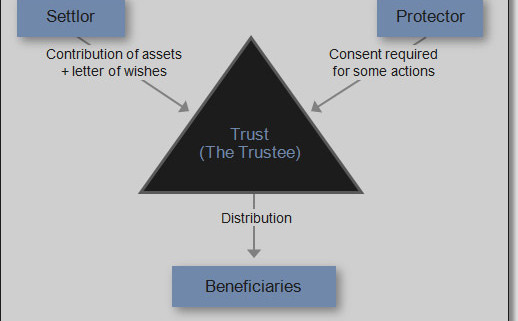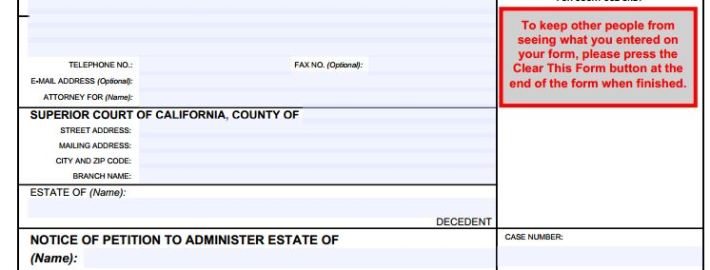What Powers Should Be Included In My Durable Power of Attorney Documents?
Power of Attorney Documents are essential in the event of a serious illness or even death. If you have yet to create and organize your Power of Attorney Documents, consider the following information to better prepare your finances. Read more










